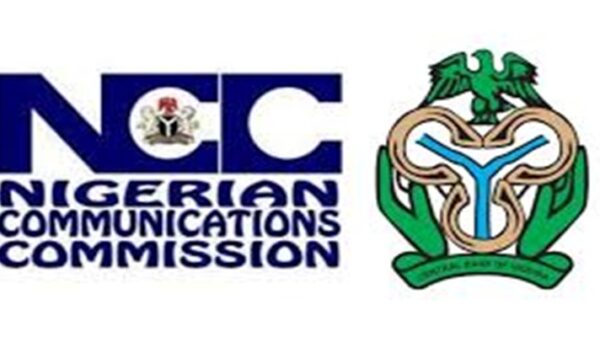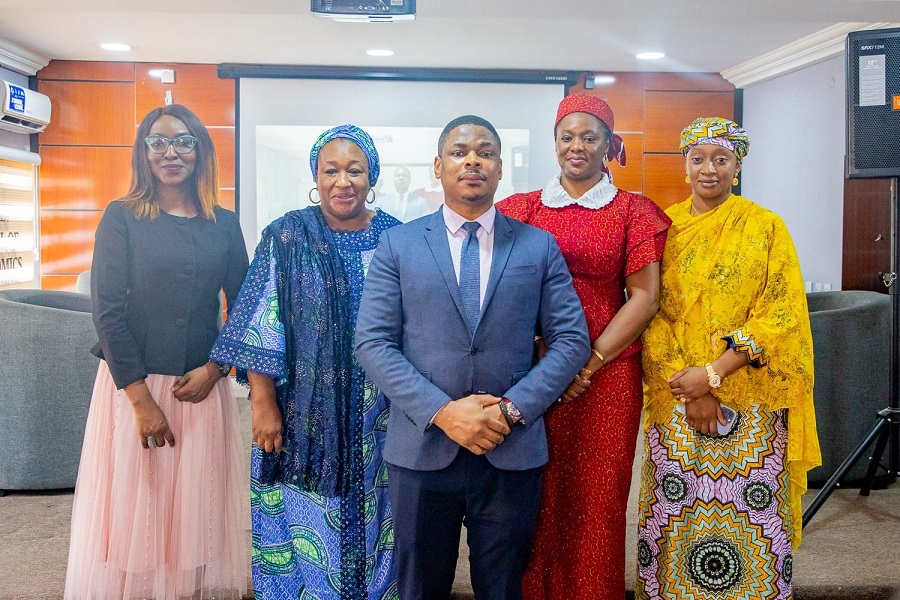Kashifu Inuwa, Director General, National Information Technology Development Agency (NITDA), has said that the Agency has been implementing several initiatives and programmes aimed at bridging the gender divide that exists in the Information Technology sector.
The Director General made this disclosure through his Special Adviser on Innovation and Strategy, Mrs. Iklima Musa at a programme in Abuja organised by the African School of Economics, (ASE) in partnership with African Women Entrepreneurship Programme, (AWEP) to commemorate the World International Women’s Day with the theme “Embrace Equity: Cracking the Code”.
Inuwa informed that part of the programmes the Agency has embarked on to bridge the gender divide was a training organised on the 7th of this month where the agency trained 200 women in digital marketing, digital entrepreneurship and 3D painting and “we are planning to train another 200 women this month and the next,” he revealed.
Read Also: NITDA DG Calls for Regional Partnerships to Combat Cyber Threats in Africa
He said that, “There is an ongoing assessment meant to give an insight and data of the percentage of women that are currently participating or playing a role in the ICT sector today. The assessment is going to be ready by the end of this month and it is going to help us drive our digital skills strategy.”
The DG NITDA asserted that NITDA’s goal is to create equity which is evident in our digital literacy initiatives adding that the Agency conducted capacity-building programmes on ICT and Entrepreneurship for 360 women in the various geo-political zones across the country.
According to him, the initiative has increased women’s awareness, knowledge, and use of business tools that help to promote women’s entrepreneurial and career pursuits, increase access to distance learning and distance work programmes.
“As Africa’s most populous nation and the largest economy, Nigeria has the potential to become a global economic power house however, this can only be accomplished if we leverage our marginalized populations specifically Nigeria’s female population and bridge the digital divides that currently exist,” he advised.
The NITDA boss clarified that, “In 2021, the UN estimated that Nigeria’s female population was 104 million. As Africa’s largest economy, Nigeria has much to gain by facilitating the inclusion of women in technological industry and bridging the digital divide.
However, we recognise that different challenges arise in the form of social, economic, and cultural barriers, which are a hindrance that forestall this inclusion.
Inuwa revealed that a Gender Digital Inclusion Strategy by the Agency is currently in pipeline.
He added that the Strategy has identified the barriers that impede women from utilising and gaining the benefits of their inclusion in IT and will outline the steps that will be taken to bridge the gap that exists in our digital economy.
The ASE founder and president, prof. Leonard Wantchehon earlier in his remarks stated that the school doors are open to ideas and initiatives that would help the development and sensitisation of women most especially through education.
Adding that “ASE is committed to gender equality and research. This programme is an opportunity to reflect on the gender gap of women leadership in the whole world at large” he said.
Similarly, the president of AWEP, Mrs Oluyemisi Ogundipe stated that “without action these changes will not come easily”. She urged the gathering to come up with more action plan that would empower and support women leadership.
She affirmed that, to embrace equity it starts with the Mind. As such urging women to take part in the activities around them towards contributing their quota for the development of women, and also groomed their girls from inception providing them with the necessary knowledge they need to know.
![]()



























































